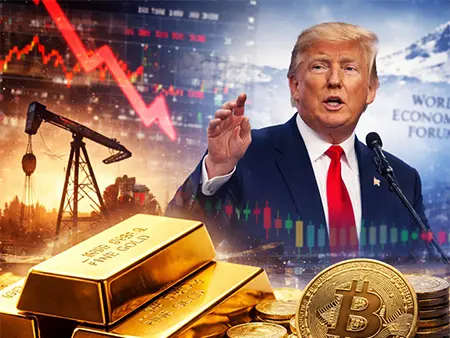Nvidia has been granted export licences by the US administration to sell its H20 AI chip in China, ending months of strict controls.
Nvidia (NVDA) has received approval from the Trump administration to resume sales in China, CEO Jensen Huang confirmed. The company, which recently achieved a record-breaking market cap, will soon be able to export its advanced H20 AI chip to the country.
This announcement marks a clear shift in US policy, ending months of strict controls on AI exports to China. The agreement could also help to reduce ongoing trade tensions between two of the world’s largest economic powers.
Revealing the news during a visit to Beijing, Huang said the US government had promised to issue the licences soon. The decision comes after he had met President Donald Trump in Washington as part of efforts to lift export restrictions that were harming Nvidia’s business.
Markets responded positively, with Nvidia’s share price increasing more than 4% after the decision was publicised. Analysts say that resuming chip shipments, combined with the launch of a new export-approved chip called RTX PRO, could help the Nvidia stock grow further.
The US government blocked sales of the H20 chip to China in April, warning it could support military development. Officials expressed concern that China might use the advanced technology in ways that could threaten national security or strategic interests. In response, Nvidia warned that the ban could cost it $5.5 billion in lost revenue.
The US and China finalised a new trade agreement last month, with both sides agreeing to ease some trade rules. This included China relaxing limits on rare earth exports and the US reviewing its restrictions on technology sales.
Reaction to Nvidia’s AI chip export approval
US Commerce Secretary Howard Lutnick explained that the updated policy stance was due to the H20 chip not being among Nvidia’s most cutting-edge technologies. He added that the US wants China to remain “addicted” to using the American technology ecosystem.
“We want everyone to use our technology stack, our way of thinking about AI and let the world be balanced on ours,” Lutnick said. “Now, really, it’s a competition between the American standards and the Chinese standards.”
However, not everyone in Washington has welcomed this development. Concerns remain among leading US officials that these chips might still reach Chinese entities linked to defence or intelligence.
On Friday, senators Elizabeth Warren and Jim Banks wrote to Huang expressing their reservations about his trip to China. They requested that Nvidia’s CEO does not meet with any Chinese companies linked to the country’s military or intelligence network.
Nvidia sees China as an important market going forward, with around 13% of its revenue coming from the country last year. The Asian superpower is also home to many of the world’s leading AI researchers and a fast-growing technology sector.
Remember to keep track of all the very latest Market News at FXTrustScore.com.






